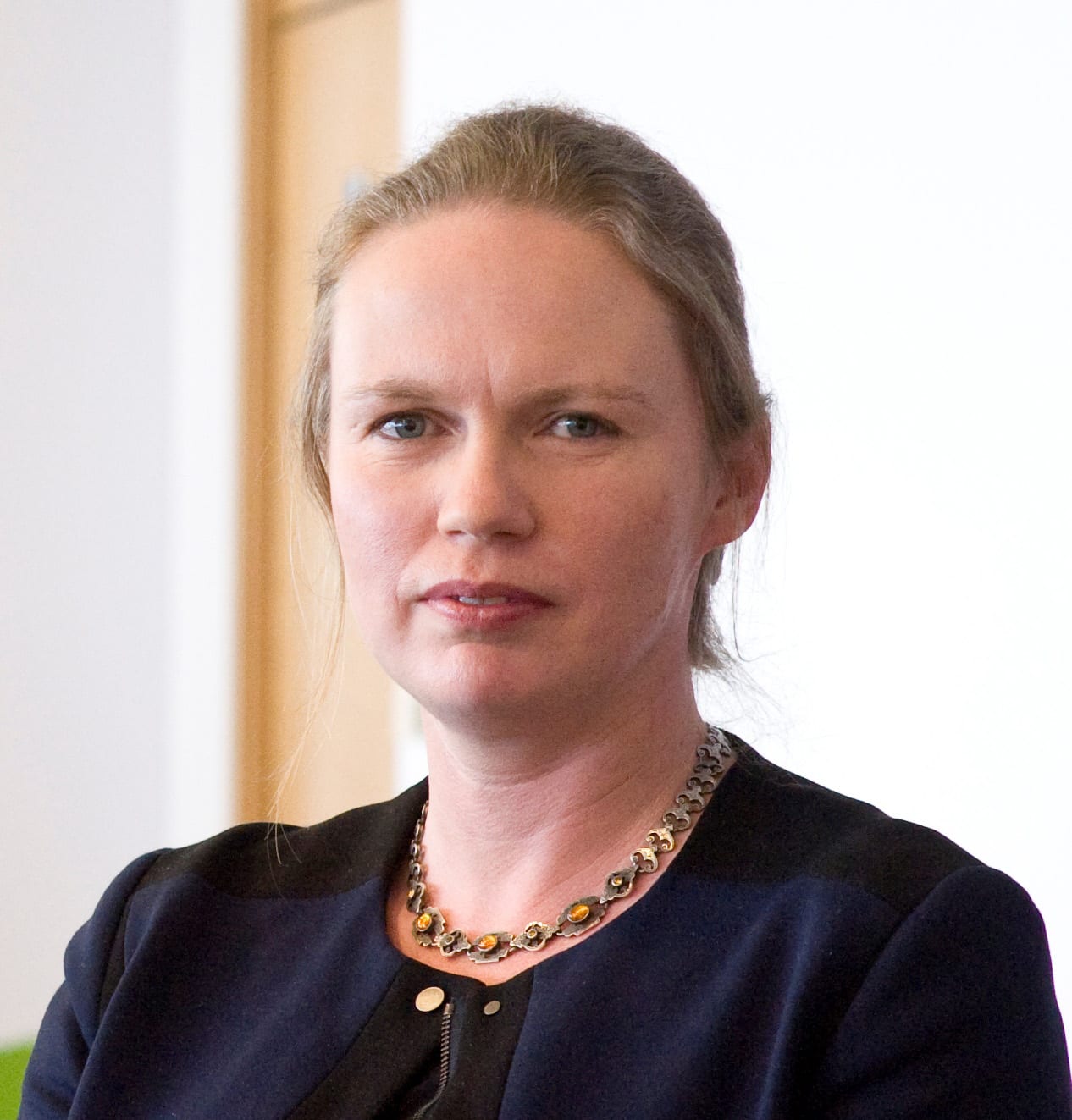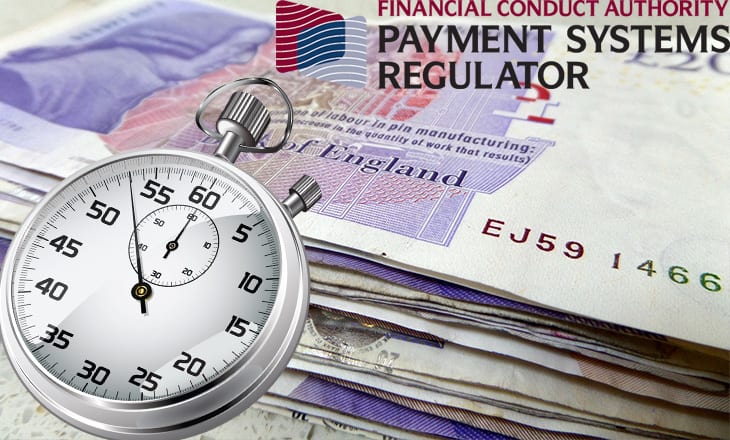The Payment Systems Regulator (PSR), the economic regulator for the £75 trillion UK payment systems industry, has announced the start of a concerted and coordinated industry-wide effort to tackle payment scams.
The regulator today published its response to a super-complaint issued by consumer watchdog Which?, about protection for people making authorised ‘push’ payments. In the response the PSR outlines an approach that will see regulators and industry commit to working together to better protect people from scams.
Among its findings the PSR has identified that, in contrast to other types of fraud and scams, the data available on the scale and type of APP scams is poor-quality, and the ways in which banks currently work together in responding to reports of scams needs to improve.
The PSR also found evidence to suggest some banks could do more to identify potentially fraudulent incoming payments, and to prevent accounts falling under the influence of scammers.

Hannah Nixon, Payment Systems Regulator
Hannah Nixon, Managing Director of the Payment Systems Regulator, said:
In a short space of time we have built a clearer picture of the problems we are facing, and it is evident that this type of scam is a growing problem that needs to be tackled.
Tens of thousands of people have, combined, lost hundreds of millions of pounds to these scams, but the data we have seen so far is incomplete. We need a concerted and coordinated industry-wide approach to better protect consumers, and we need it to start today.
The PSR has put together a package of work aimed at reducing fraudsters’ ability to perpetrate scams and, when they do occur, increasing the chance that the victim will be able to recover the funds.
The PSR has agreed a programme of work with Financial Fraud Action UK that the banking industry should lead on:
- Industry, liaising with the Information Commissioner’s Office as appropriate, to develop a common understanding of what information can be shared under existing law and the key legal barriers to sharing further relevant information (for example, information that would help victims recover their money).
- Industry to develop, collect and publish robust scam statistics, to address the lack of clear data on the scale and scope of the problem, and to enable monitoring of the issue over time.
- Industry to develop a common approach or best practice standards, that both the victim’s bank and the bank which receives the money should follow when responding to reports of scams. We would expect this to cover issues such as the availability of fraud specialists and processes for agreeing indemnity agreements between banks.
The PSR will monitor this work on an ongoing basis, and commit to reviewing industry progress in the second half of 2017.
In addition, the PSR will do further work to consider the potential for the operators of the payment systems, in particular Faster Payments Service and CHAPS, to play an expanded role in helping to minimise the consumer harm caused by scams. It will look to publish specific terms of reference for this work in early 2017 and its findings in the second half of 2017.
The FCA will also undertake actions.
The PSR concluded in its response that there was not sufficient evidence to justify a change in liability (i.e. making banks liable for reimbursing victims of APP scams), and it is aware of the possible unintended consequences of doing so. However, the regulator did note that, as work progresses and additional evidence comes to light, it will consider whether it is appropriate to propose changes to the obligations or incentives that banks have for these types of scams.
